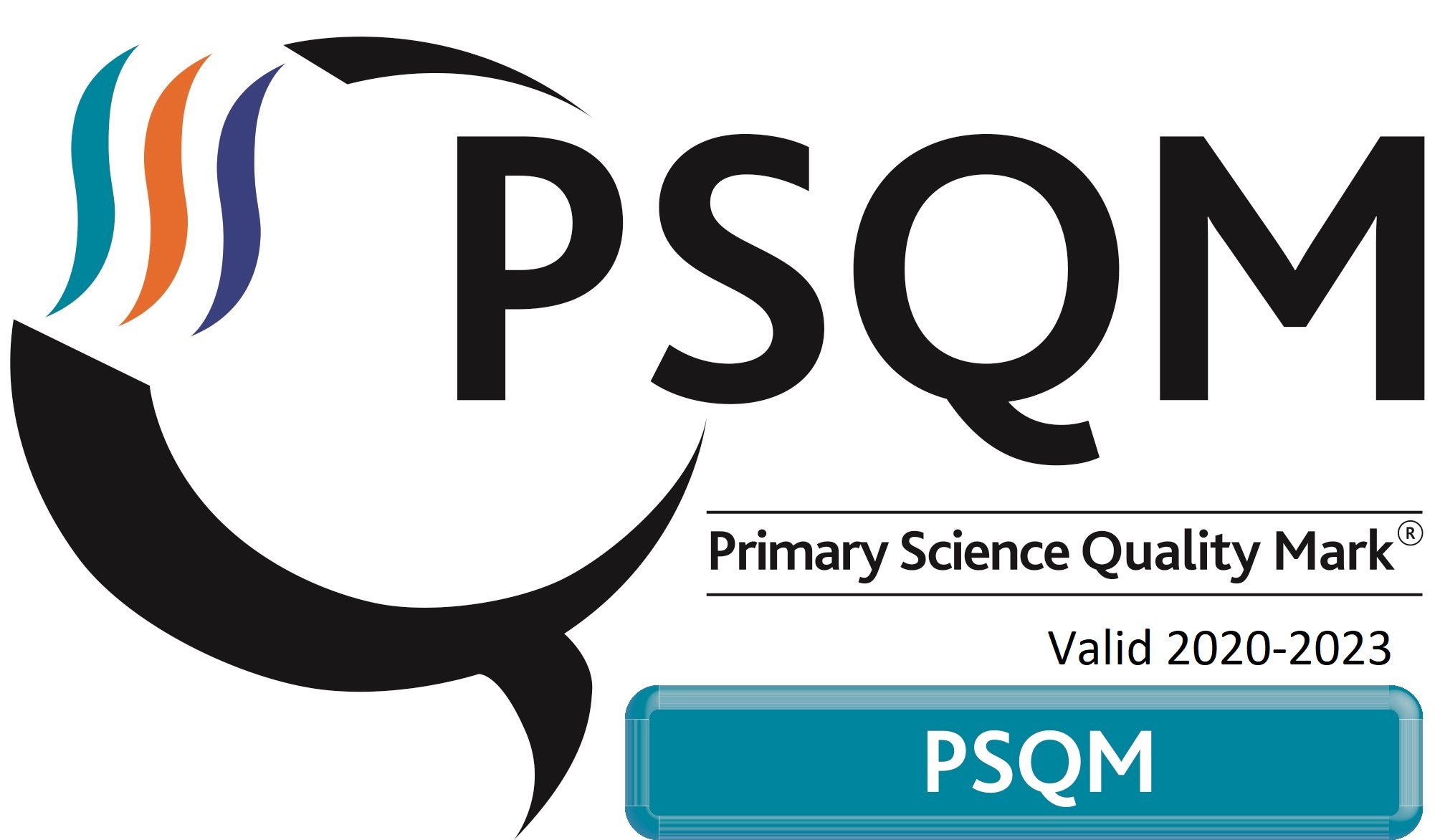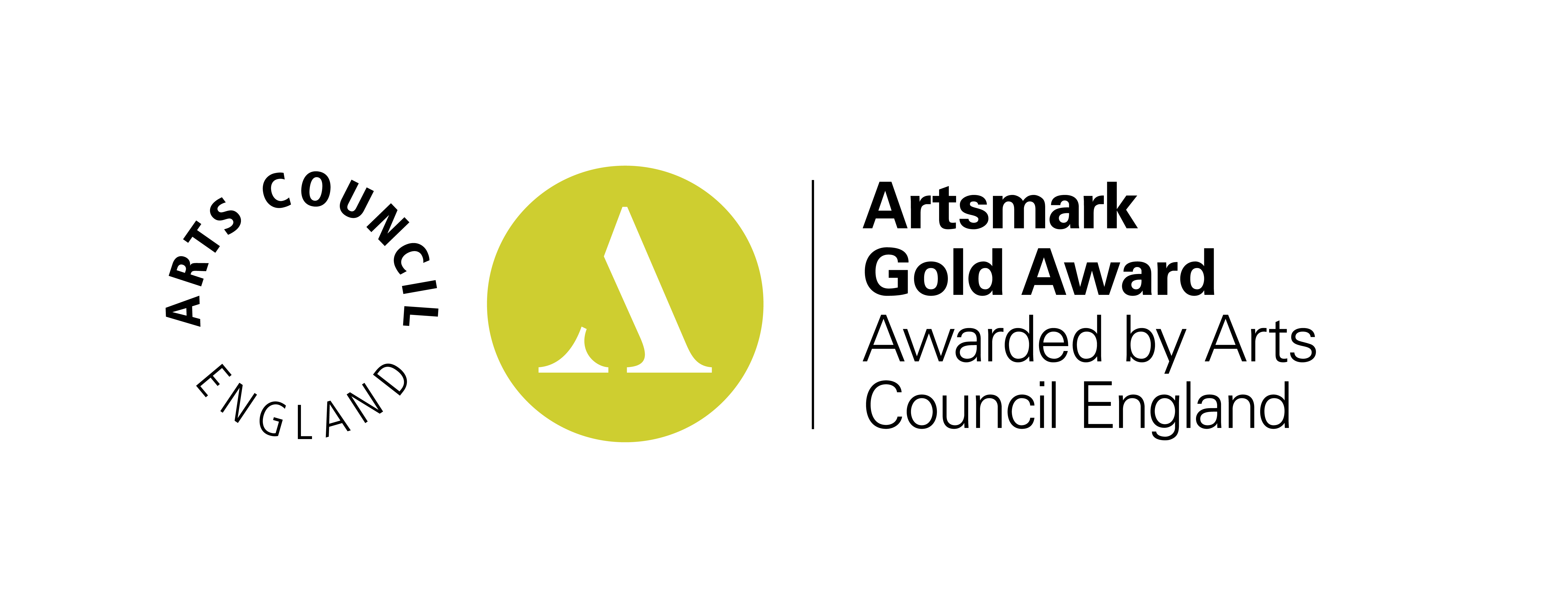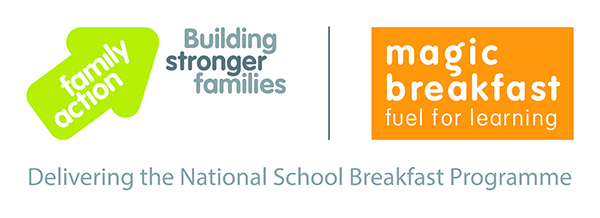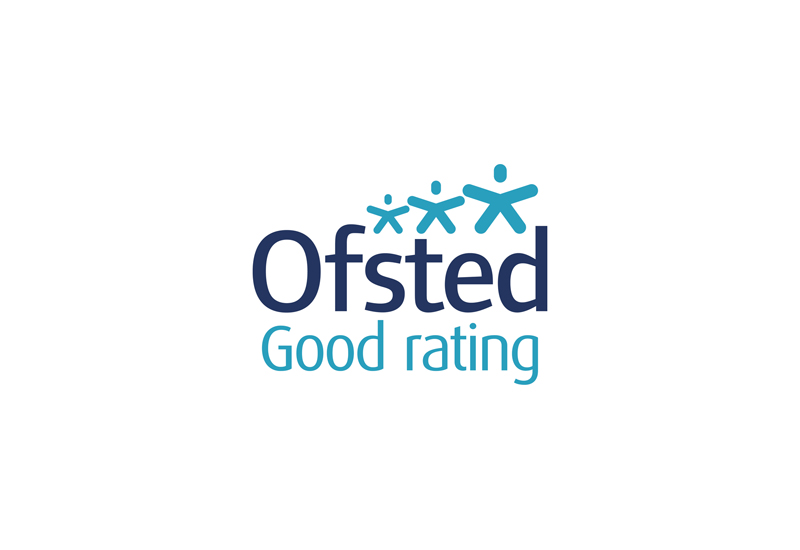Mathematics
At Bankfields Primary School, our Maths curriculum is built upon the principles of Maths Mastery and sustaining mastery, ensuring every pupil develops a deep understanding of mathematical concepts. We aim to inspire a love of mathematics by fostering curiosity, critical thinking, and resilience in every learner. Our approach ensures that mathematics is not seen as a series of isolated activities but as a dynamic process that underpins problem-solving and logical reasoning in everyday life.
Our Maths curriculum has been carefully designed by the dedicated staff at Bankfields and mapped in accordance with the National Curriculum. This ensures that children receive a high-quality offer in mathematics that is both rigorous and progressive, enabling them to develop the skills and knowledge necessary for success.
Through a carefully planned and progressive curriculum, we provide opportunities for children to engage in structured, purposeful challenges that develop their procedural fluency, conceptual understanding, and the ability to apply their knowledge across a range of contexts. Pupils are encouraged to make connections across mathematical domains, promoting a cohesive understanding of the subject.
High aspirations are central to our curriculum. We challenge all pupils to think deeply about their mathematics and aim high, cultivating confidence and perseverance in solving increasingly complex problems. We recognise that mathematical success comes not from superficial coverage of topics but from developing a fundamental understanding that enables children to apply their learning independently and effectively.
We value the process of learning mathematics as much as the outcomes. Pupils regularly engage in tasks across a spectrum of cognitive demand, ensuring progression through different Depth of Knowledge (DOK) levels:
1. Level One problems build the essential procedural knowledge necessary for higher-order thinking.
2. Level Two and Three problems challenge pupils to analyse, evaluate, and apply their knowledge in unfamiliar scenarios.
3. Level Four tasks, while less frequent, provide opportunities for extended, in-depth exploration of mathematical concepts, fostering resilience and perseverance.
Our Maths curriculum also supports wellbeing by instilling a sense of achievement and self-belief in pupils as they overcome challenges and experience success in their learning. This foundation equips children with the skills and confidence to approach mathematical problems with determination and creativity.
As a school, we take pride in our rich history of academic excellence in mathematics. Our curriculum is designed to uphold and build upon this legacy, preparing pupils for success in an ever-changing world while nurturing a lifelong appreciation for mathematics.












